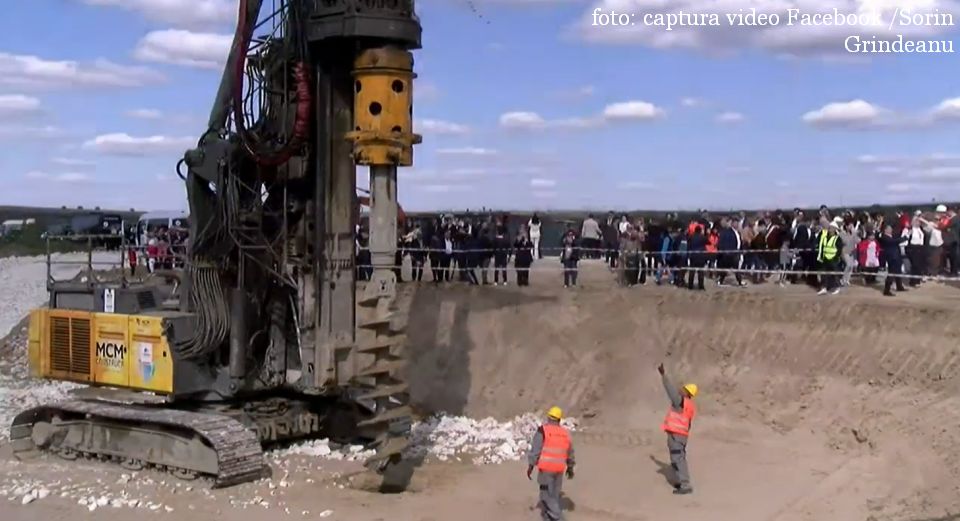The workforce in Romania
Experts say Romanian economy needs another 1 million employees

Bogdan Matei, 03.12.2019, 13:55
After years of constant growth,
Romanian economy bleeds workers. The unemployment rate stood at a mere 2.98%, a
decrease compared to the same month in 2018, as well as compared to September
this year. The total number of unemployed is a little under 260 thousand, most of
whom are people in rural areas over 40 years of age and without proper studies
or only with basic education. In Bucharest, the unemployment rate dropped to
1.29%, namely a little over 15 thousand people. On the other hand, over half of
Romanian businesses plan on increasing their number of employees by an average
of 11% starting next year.
According to the latest barometer conducted by
PriceWaterhouseCoopers, rated as the biggest professional services network in
the world, 91% of Romanian businesses operating in the IT sector want more
employees, by an average of 20%. Industry, the auto and retail sectors follow
closely, with half of the companies in these fields needing an additional 6.4%
workforce. Additional workers are needed in over 40% of the financial services
companies and in 30% of pharmaceutical companies. PriceWaterhouseCoopers
Romania director, Ionut Simion, claims the economy needs another 1 million
employees over the next five years, in order to secure an annual economic
growth of 3.5%. The current context is difficult, Simion argues, since labor
force has grown increasingly hard to find, thus limiting the economy’s
development potential. To correct this situation, both the Government and
companies should get involved in education programmes that should develop
employees’ skills, especially digital skills, experts also claim.
Everyone agrees
there is no perfect solution to the labor force crisis. An increasing number of
voices point the finger at people living off welfare benefits, who simply
refuse to work. These are more often than not unskilled people, so their
presence on the labor market would do little to make things better. Then,
from Canada to Australia, there are millions of Romanians who live and work,
most of whom in Western Europe. Their only bond to their country of origin
remains emotional in nature, as very few of them are willing to return to
Romania, discouraged by ineffective administrations, hostile politicians and
salaries which are significantly lower than what they earn in the West.
Employers’ associations from Romania have announced they are considering an
increase in the national minimum wage starting next year, claiming they have
designed their budgets for next year to absorb the impact of such an increase.
The Government’s planned increase means the minimum wage would go up by 20
euros, whereas trade unions want at least double the amount.
(Translated by V. Palcu)






























